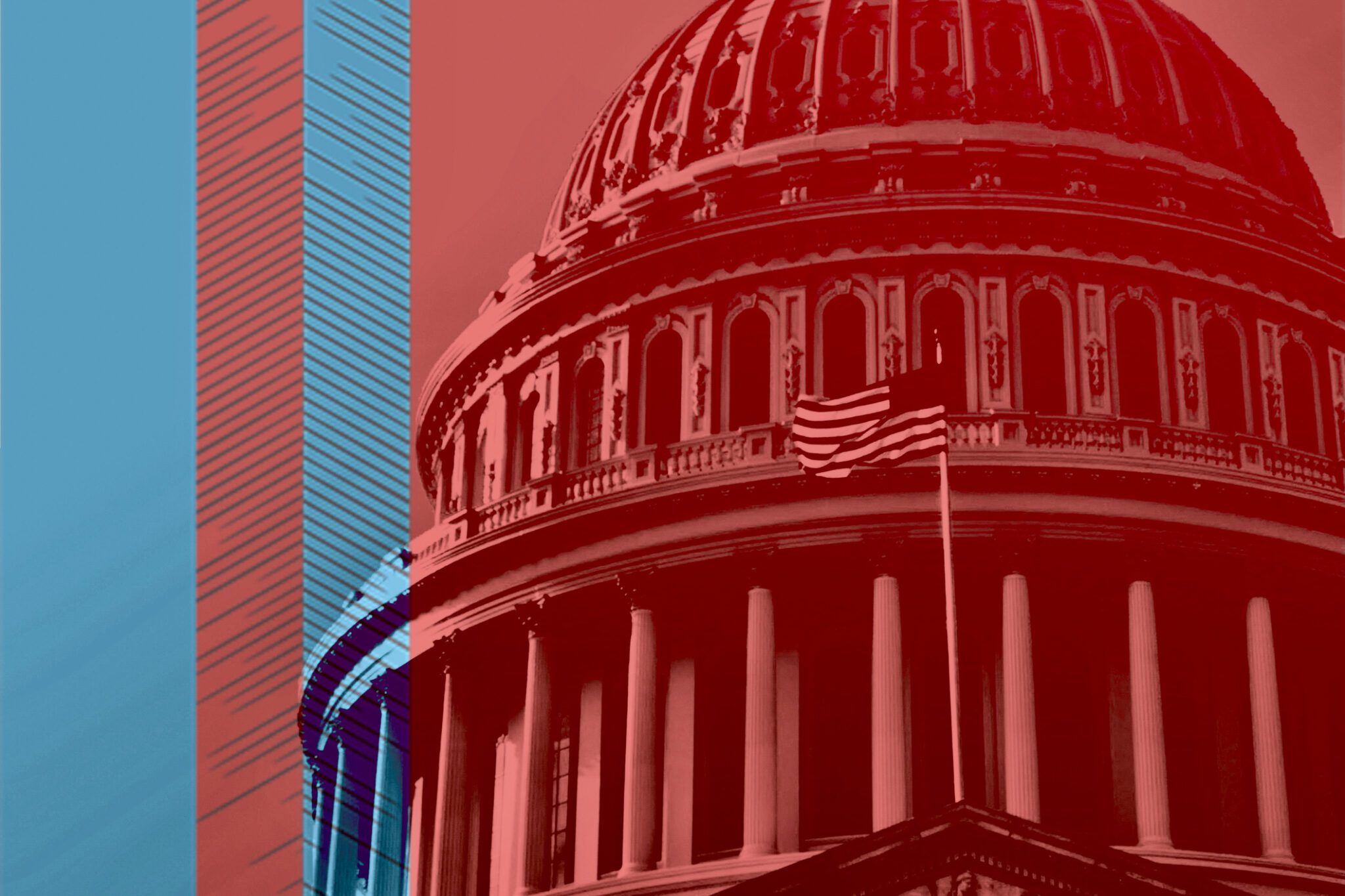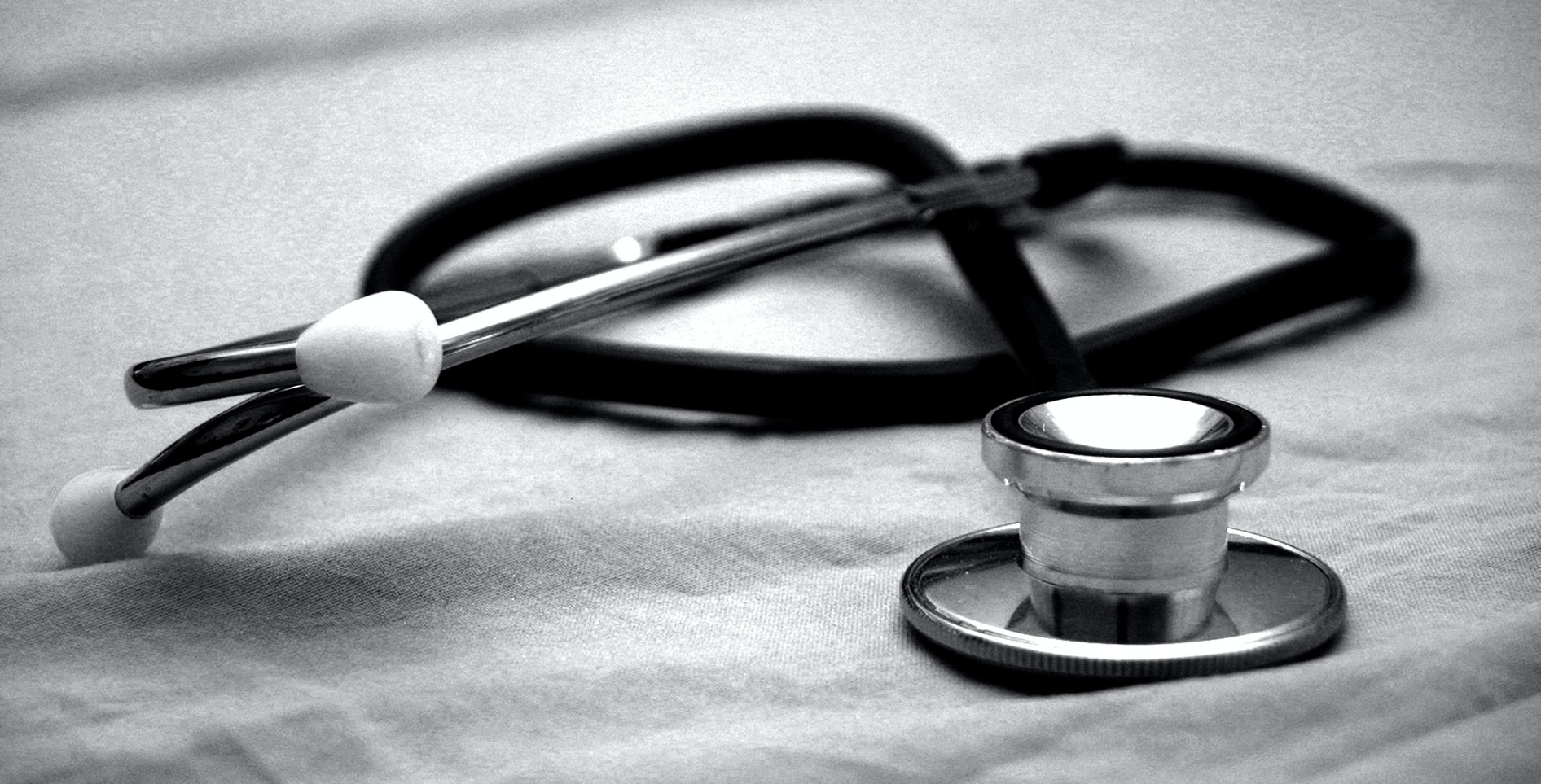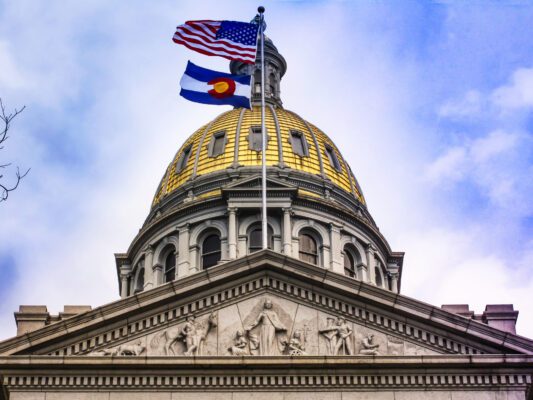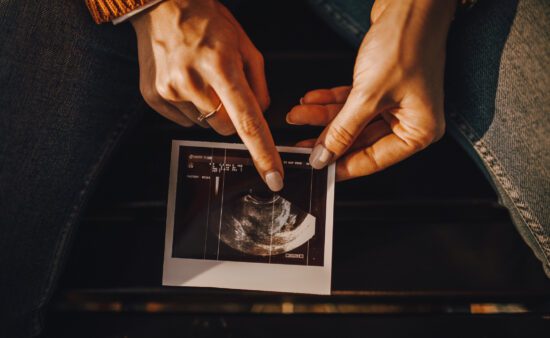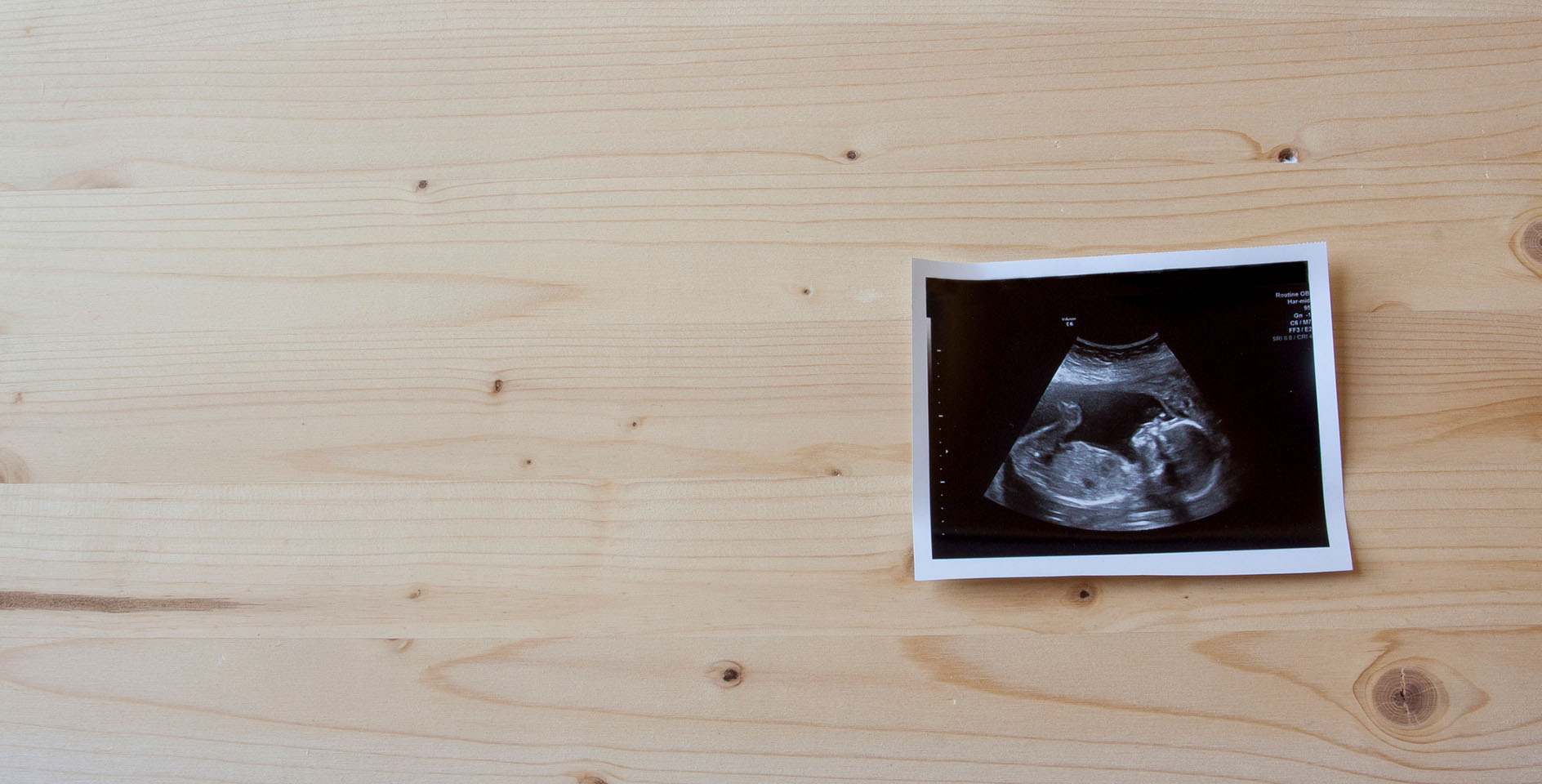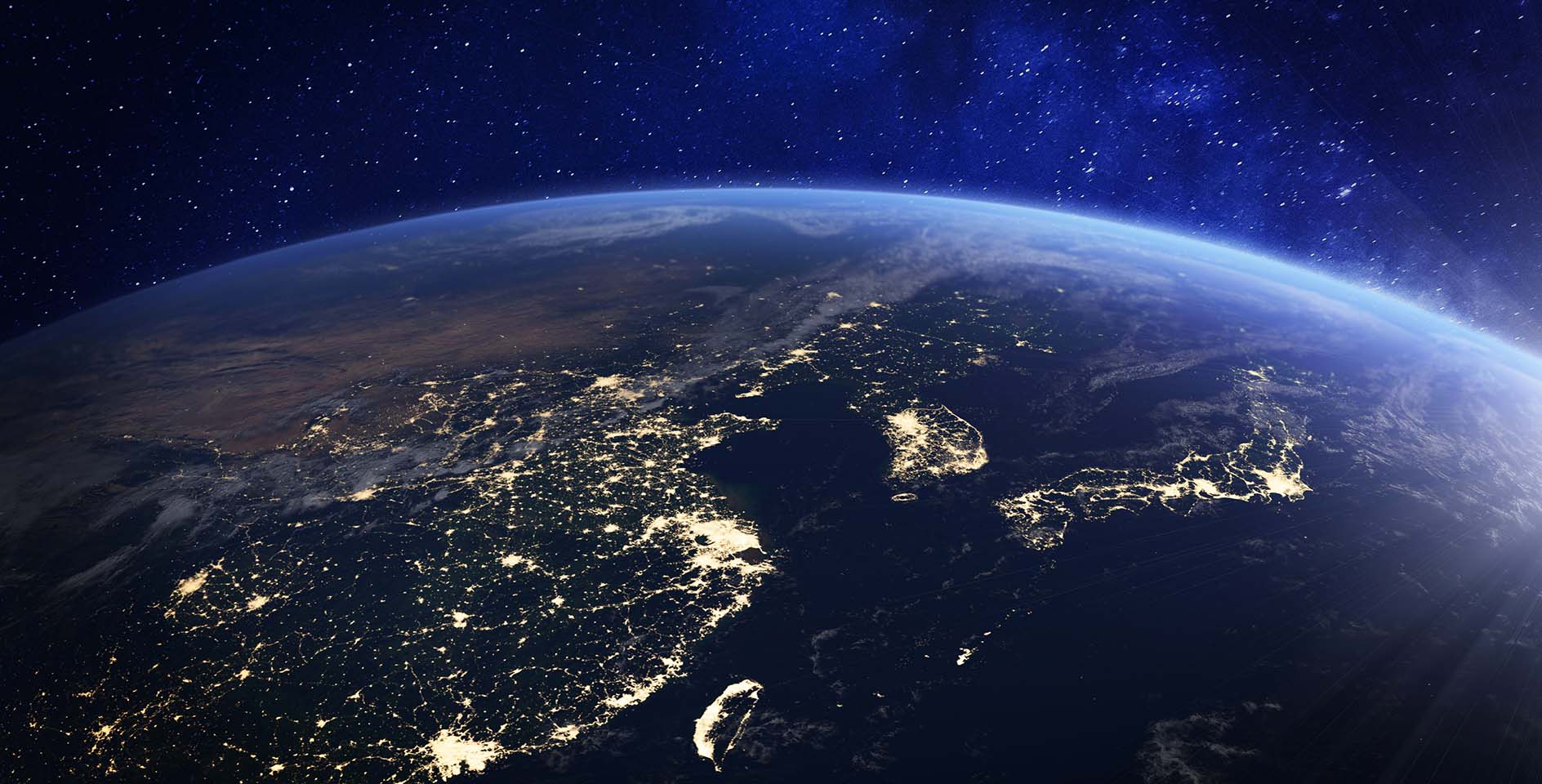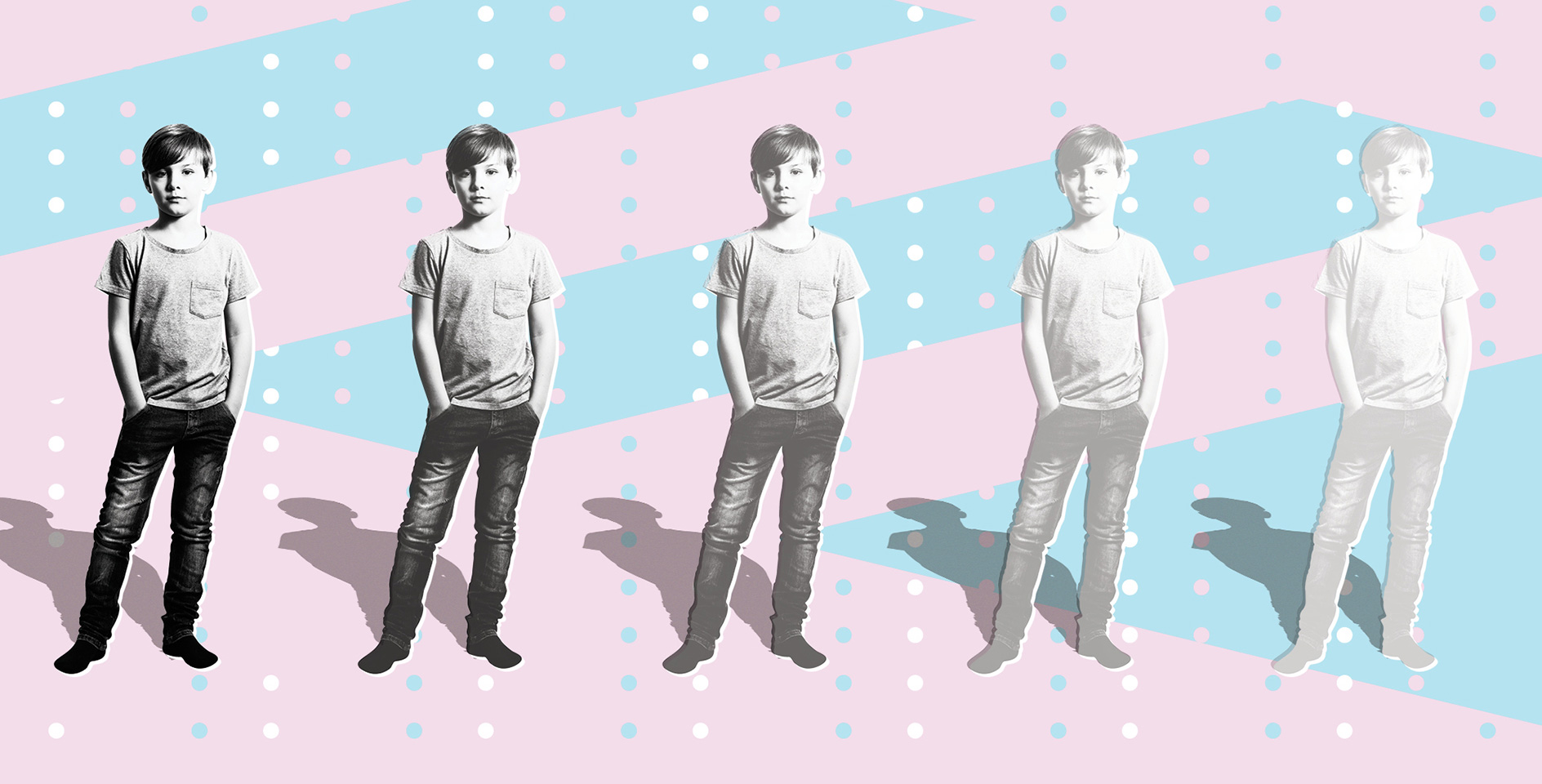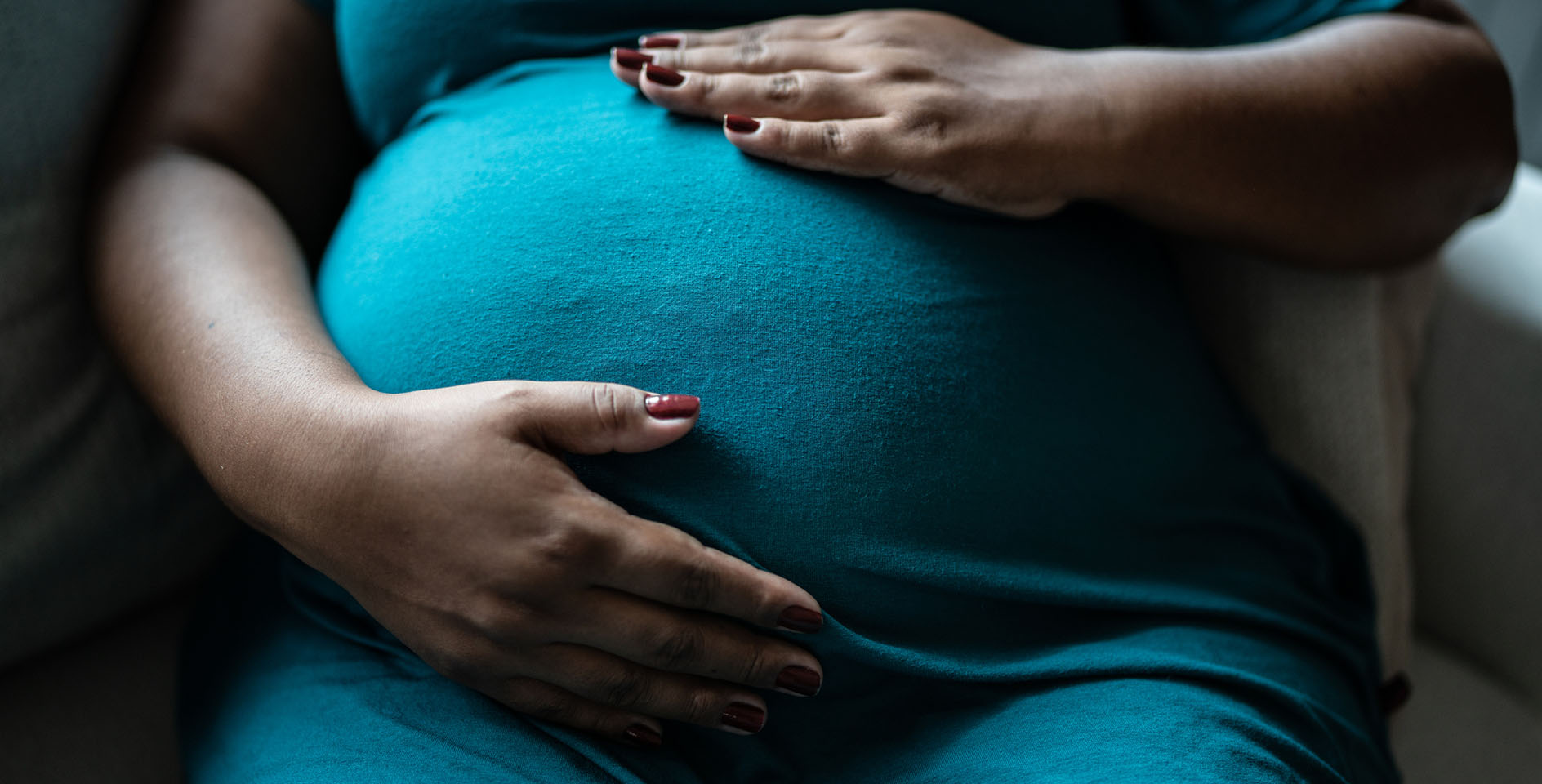With the recent deaths of Ahmaud Arbury, Breonna Taylor, George Floyd, and too many others, conversations of racial reconciliation, systemic racism, and police reform have dominated our country’s headlines. These are vitally important conversations. But in the midst of them, we shouldn’t forget about the ongoing effects of COVID-19, particularly its impact on communities of color.
Minority populations have contracted COVID-19 at disproportionate rates. While African Americans account for roughly 13% of the U.S. population, they comprise about 33% of COVID-19 cases. Additionally, Latinos, the single largest minority ethnic group in America, are 20% more likely to contract COVID-19 than their white counterparts. Furthermore, other racial and ethnic minority groups experience outsized impacts of the virus.
Obviously, COVID-19 does not discriminate based on ethnicity. But the coronavirus has had an immense effect on the health of ethnic minorities in the United States, exposing a deep imbalance in our healthcare system.
COVID-19’s main form of transmission is person-to-person contact. While the primary solution to slowing the spread of the virus seems simple—just maintain social distance—it is much easier for some than others. Racial and ethnic minorities are more likely to live in densely populated areas—a contributing factor being systemic racism in public residential housing systems. In addition, racial and ethnic minority families are more likely to live in multigenerational households. These households increase the possibility of exposure to a virus spread by proximity to older, at-risk generations. Additionally, racial and ethnic minorities are more likely to live a farther distance from a grocery store or doctor. This can significantly reduce access to necessary supplies for daily life and require greater contact with other individuals and public transit.
People of racial and ethnic minorities are also less likely to have the ability to telecommute to their jobs as compared to their white neighbors. This significantly increases exposure to COVID-19 due to regularly interacting with others while at work. Latinos and African Americans comprise nearly 25% of service industry jobs, whereas only 16% of non-hispanic whites hold these same jobs. By virtue of these jobs, people of racial and ethnic minorities are placed at a significant disadvantage in maintaining social distancing guidelines.
It is our calling as citizens of heaven and the United States to fight for truth, justice, righteousness, and peace, to the glory of God and for the good of our neighbors.
These jobs also have ramifications for health insurance. Latinos are nearly three times less likely to carry health insurance, and African Americans are nearly two times as likely to not carry health insurance as compared to their white counterparts. The lack of insurance limits doctor visits, prescribed medicine, as well as preventative health treatments. And while any of these individual factors can be detrimental, in conjunction they can become deadly.
It is easy to see how these disparities would contribute to other health problems. And the reality is that this imbalance is not limited to COVID-19. To learn more about this issue, see this article by Grace Liu published earlier this year.
The deaths of Ahmaud Arbury, Breonna Taylor, George Floyd sparked massive protests and calls for reform. But we need to recognize that those injustices are part of the larger picture of racial inequality and centuries of injustice in America. Our country has been plagued by racism since its founding, and we can still see results of it today. The healthcare inequities exacerbated by the COVID-19 crisis are just one example.
How can the local church help?
The responsibility of caring for the community ought to be found in the local church body. We know the importance of serving the sick (Jam. 5), serving those in need (1 John 3:17-18), and caring for the vulnerable because every human being is made in the image of God.
1. Be in prayer: First and foremost, we should always be in prayer. We can pray that God would establish the works of our hands (Psa. 90:17) and that he would show favor to those who are working toward justice and peace. In addition, we should pray specifically for local law enforcement officers, elected officials, and police chiefs. And, we can pray for vulnerable populations: local homeless shelters, the mentally ill, essential workers, and those without health insurance.
2. Give generously: During this time of economic hardship, many are struggling to make ends meet. For those of us who are able to work from home or are still seeing steady paychecks, we can be generous with our money. We can also donate food or clothing, give of our time to babysit for essential workers, volunteer to help clean the sanctuary before and after church services, or give up your comfort by wearing a mask, which can help prevent the spread of the virus to at-risk populations.
3. Learn from your neighbors: Finally, we can spend time learning about the experiences of ethnic minorities in our communities. We can read books and articles from Black authors and research the history of racism and how it was codified into law. We should also celebrate the American heroes who worked toward justice in our country and study how they did it. And we can reflect on the benefits we may have received, but have previously taken for granted, humble ourselves, and listen to those who are hurting.
We cannot settle for anything less than justice for all in our country. It is our calling as citizens of heaven and the United States to fight for truth, justice, righteousness, and peace, to the glory of God and for the good of our neighbors.
ERLC intern Jackson McNeece contributed to this article

